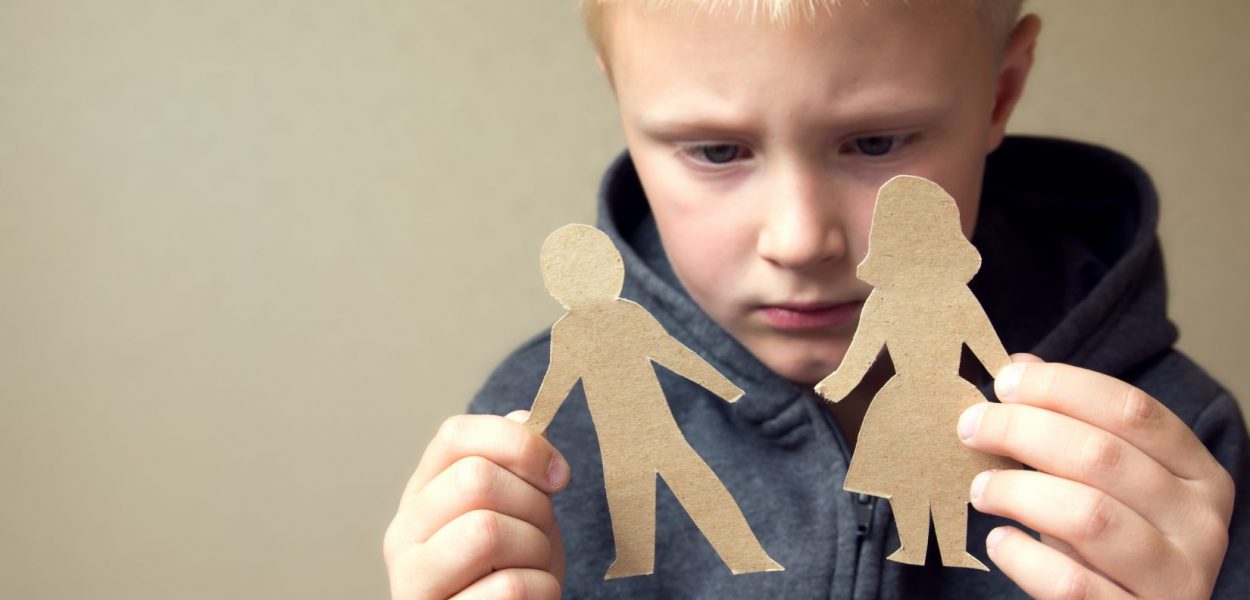17 May 2019
Helping your child when families break up
Posted in Family life / SU QLD / Youth issues
Max is 8 years old. His parents have separated. Over time, he is changing. His relationships at school and at home are more dysfunctional and disrupted. He is not sleeping well. He is not as happy as he was. On occasions he yells out how unfair things are.
This is just one way separation may affect a child. There are many other ways, of course.
In any case, separation is a loss for the child – a loss of what they need: security, a sense of status, and of significance. However, children can have different outcomes depending on what happens around them, even after separation. And you can make a difference.
What can I do to help with my child? The biggest thing you can do at this time of disconnection for your child is connection. Connection with the child is spelt “S.A.F.E.T.Y.”
S: Small connections. Just one-on-one individual time can be helpful and less overwhelming.
A: Attitudes of care, respect, and as much choice as is appropriate, can build up their breaking heart where they might feel alone, confused and helpless. One choice you might want to give them is if they want to talk about things or not. Feel free to answer any questions they might ask, as appropriately as you can, but be careful about going further than what they want to know.
F: Fun. It can be hard to have fun in the context of family separation. Look for opportunities to spend time with your child doing things they love.
E: Empathy. Try and walk in their shoes. Get in their skin rather than under it, by spending …
T: Time with them. Not easy in the context of separation, but it’s when they need your time the most.
Y: “You questions”: In your own way ask them, “How are you?” When they answer, try not to rush in to respond and to fix them. Ask who else they might want to have around them. This is where chaplains can be so helpful. “How do you get on with the chaplain at school? What do you think about seeing him/her or not?” (The “or not” bit gives the choice, which increases their sense of control at a time when things feel out of their control.)
The more you connect in everyday life, even if your family is going well, the more you’ll be able to connect when things are challenging, and the storms of life hit hard.
Dr John Warlow is an Adult Child and Family psychiatrist in private practice in Brisbane and the author of The C.U.R.E for Life. He founded Living Wholeness, a group of people who use the Christian Wholeness Framework for God-centred change. livingwholeness.org • drjohnwarlow.com




